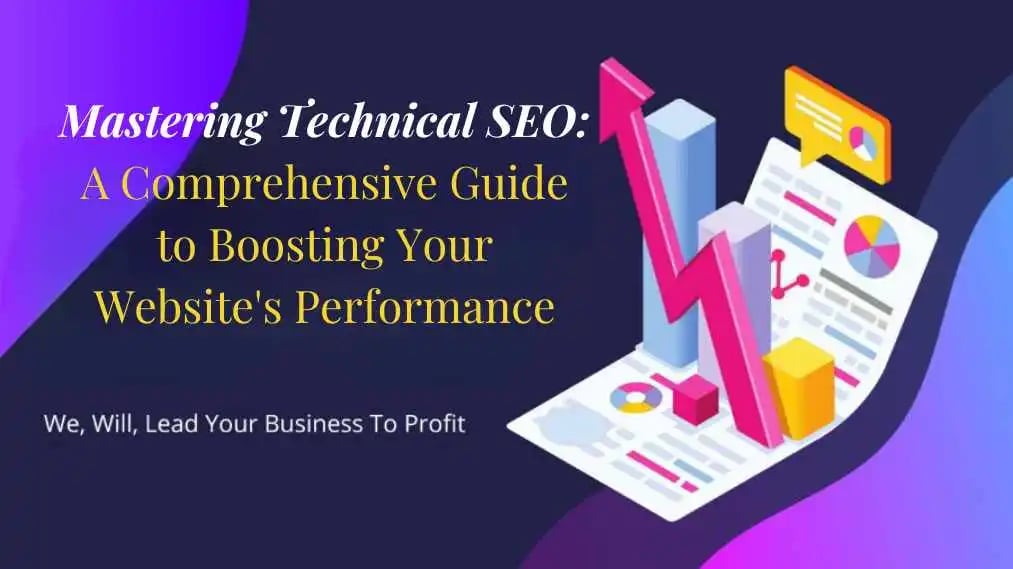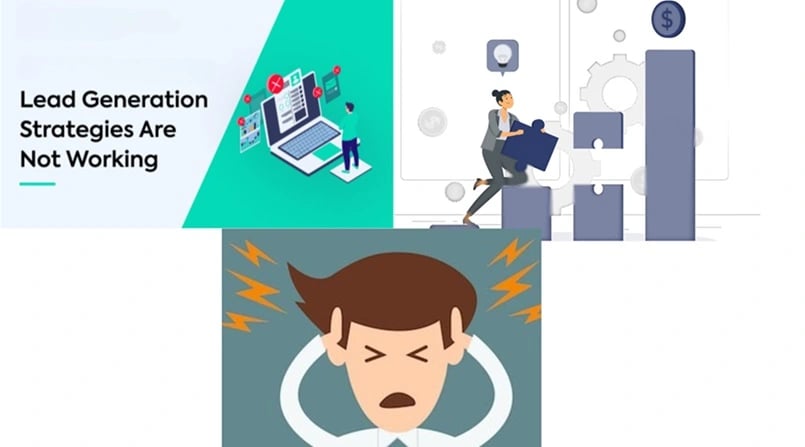
You may wonder whether your website development costs should be classified as an asset or an expense, and this decision has significant financial implications for your business. Understanding how to categorize these costs can impact your financial statements, tax strategy, and the way you present your brand to customers. At Mister Nguyen Agency, we emphasize the importance of strategically investing in your online presence to maximize your leads and enhance customer engagement. In this blog post, we’ll explore the critical factors surrounding this classification to help you make informed decisions for your business.
Understanding Assets and Expenses

To determine how website development impacts your business, it’s crucial to understand the distinction between assets and expenses. You can dive deeper into this topic by reading Your Website: Asset or Expense? The classification affects your financial statements and overall strategy, significantly impacting your website’s perceived value in the eyes of customers and investors alike.
Definition of Assets
Expenses refer to resources that provide future economic benefits to your business, typically involving long-term investment potential. Understanding this classification is crucial for strategic planning and financial management in your company.
Definition of Expenses
One of the primary distinctions in financial accounting lies in how expenses are treated. Expenses are costs incurred in generating revenue, typically representing short-term outflows that are deducted from your income during the accounting period.
Plus, tracking your expenses accurately allows you to maximize your business’s potential for profitability. By contrasting the treatment of website development as an asset or an expense, you can assess how these costs will influence your bottom line, especially when considering the long-term impact on customer engagement and lead conversion for your brand.
Traditional Treatment of Website Development

Some businesses historically treated website development costs as expenses, viewing them similarly to advertising expenditures. This conventional approach stems from the belief that websites hold a short-term value and should be deducted from revenue in the financial year they are incurred. While this treatment was common, it often overlooked the long-term benefits that a well-developed website can deliver to a business.
Cost as Expense
Website development costs were classified as expenses, with companies deducting these costs from their revenue in the year they were incurred. This traditional viewpoint aligned with the perception that websites served as temporary marketing tools rather than strategic assets that could foster future revenue.
Implications for Financial Statements
The treatment of website development as an expense significantly affects your financial statements. By deducting these costs immediately, your company may show lower profits in the short term, which can impact investor perceptions and your overall financial health.
Expense recognition can lead to immediate tax benefits, providing short-term relief for your business. However, this approach may misrepresent the true value of your website in generating leads and building customer relationships over time. As research indicates, treating website development as an asset can enhance your balance sheet and improve key financial ratios. At Mister Nguyen Agency, you want to ensure that your website truly reflects the strategic importance of your digital presence to your customers and other stakeholders.
The Shift Towards Capitalization

If you are considering how to account for your website development costs, it’s crucial to understand the recent shift towards capitalization. Many businesses now recognize the long-term value of their websites, viewing these digital assets as strategic investments rather than mere expenses. This transition allows for a more accurate representation of financial health and aligns accounting practices with the evolving role of websites in driving customer engagement and revenue generation.
Recognizing Strategic Value
For your business, a website serves as more than just a digital platform; it is a crucial tool for marketing, sales, and customer interaction. Investing in high-quality web design not only enhances your brand image but also plays a significant role in acquiring and retaining customers. A well-designed website can help you generate leads, ultimately supporting your long-term growth strategy.
Longevity and Maintenance
With the right maintenance, your website can provide sustained benefits over many years, unlike traditional advertising strategies that have a limited timeframe. This long lifespan justifies the capitalization of development costs, as they represent a valuable asset to your business.
It’s crucial to note that while initial development can be capitalized, ongoing maintenance and routine updates are typically considered expenses. This means that strategic investments in features, content updates, and technical improvements will contribute to the long-term usefulness of your website. Regular assessments can ensure that your digital presence remains valuable to your business, helping to keep your customers engaged and informed while attracting new leads.
Regulatory and Accounting Standards
Unlike traditional costs, which are typically expensed in the year they are incurred, the treatment of website development costs has evolved under contemporary regulatory frameworks. Accounting standards now allow for greater flexibility, enabling businesses to capitalize costs that provide long-term benefits. This shift acknowledges the strategic importance of a well-developed online presence in driving customer engagement and revenue growth.
Guidelines for Capitalization
Any costs associated with the design, development, and construction of your website could qualify for capitalization. Key expenditures such as web design, programming, and initial content creation can enhance the long-term value of your digital asset. Conversely, ongoing maintenance costs typically remain as expenses, reflecting their short-term nature.
Compliance and Reporting
Accounting practices dictate that you comply with relevant standards when determining how to classify website development costs. Adhering to these regulations ensures a clear representation of your business’s financial health, which is critical for aiding decision-making and strategic planning.
A proactive approach to compliance will not only facilitate accurate reporting but also enhance your credibility with stakeholders. By capitalizing eligible website costs, you enable your business to present a more favorable financial position, benefiting both your balance sheet and income statement. This can help you attract more customers and convert leads into lasting business relationships, reinforcing your brand’s presence in the digital landscape.
Capitalizing Website Development Costs
Many businesses today recognize the importance of capitalizing website development costs to reflect their long-term value. By treating these expenses as assets, you not only enhance your balance sheet but also align with evolving accounting standards. This strategic move allows you to present a more accurate financial picture to investors and stakeholders, showcasing the role of your website as a crucial component in generating leads and driving customer engagement.
Identifying Eligible Costs
Website development encompasses various costs that can be classified for capitalization, such as design, programming, and content creation. It’s imperative for you to distinguish between these capitalizable costs and routine maintenance expenses, which are typically treated as operational outflows. By identifying eligible costs accurately, you can ensure your business reflects the true value of its digital assets.
Amortization Process
An effective way to manage capitalized website costs is through the amortization process, which spreads the expense over the asset’s useful life. By doing this, you can recognize costs gradually, allowing your business to maintain a healthy cash flow while reflecting the continuing value of your website on financial statements.
Costs capitalized from your website development are amortized over a predetermined period, which aligns with the useful life of the site. This means you’ll record only a portion of the total development costs as expenses each accounting period instead of writing them off all at once. This method not only mitigates financial strain but also enhances profitability and overall financial ratios, making your business appear more robust to stakeholders and potential investors. Utilizing insights from Mister Nguyen Agency, you can ensure your website works as an asset generating valuable leads and fostering customer relationships.
Impact on Financial Statements
Despite traditional views treating website development as an expense, capitalizing these costs can significantly enhance your financial statements. By categorizing website development as an asset, you can improve your balance sheet while also positively influencing your income statement and cash flow dynamics. Understanding these implications is vital for making informed decisions that affect your business’s overall financial health.
Balance Sheet Implications
Implications of treating website development as an asset are profound for your balance sheet, where capitalized costs increase total assets. This can lead to enhanced financial ratios, such as the debt-to-equity ratio, which may attract potential investors by showcasing a healthier financial position.
Income Statement Effects
The decision to capitalize website development costs impacts your income statement by allowing for amortization over time. This means that instead of recognizing the entire cost in the year it was incurred, you can spread it out, resulting in lower expenses in the short term, which may lead to higher reported profits.
For instance, by amortizing a $50,000 website over five years, you would only recognize $10,000 in expenses annually rather than a one-time deduction. This strategy can enhance your profitability metrics and potentially attract more customers and leads to your business, allowing you to focus on long-term growth while effectively managing short-term financial presentation.
Website Development – Asset or Expense?
1. Website Development Adds Long-term Business Value.
2. Capitalizing Costs Reflects Strategic Importance of Websites.
3. Amortization Spreads Costs Over Website’s Useful Life.
4. Impactful Websites Generate Leads and Boost Brand Reputation.
5. Effective Design Enhances Customer Engagement and Retention.
6. Mister Nguyen Agency Elevates Your Online Presence and Success.
Conclusion
So, as you navigate the complexities of website development for your business, understanding its classification as either an asset or an expense is crucial for your financial strategy. By recognizing your website as a long-term investment, you can better position your brand to attract customers and generate leads. At Mister Nguyen Agency, we help you leverage effective web design and social media strategies that not only enhance your online presence but also clarify your financial impacts, ensuring you don’t miss out on potential growth opportunities.











